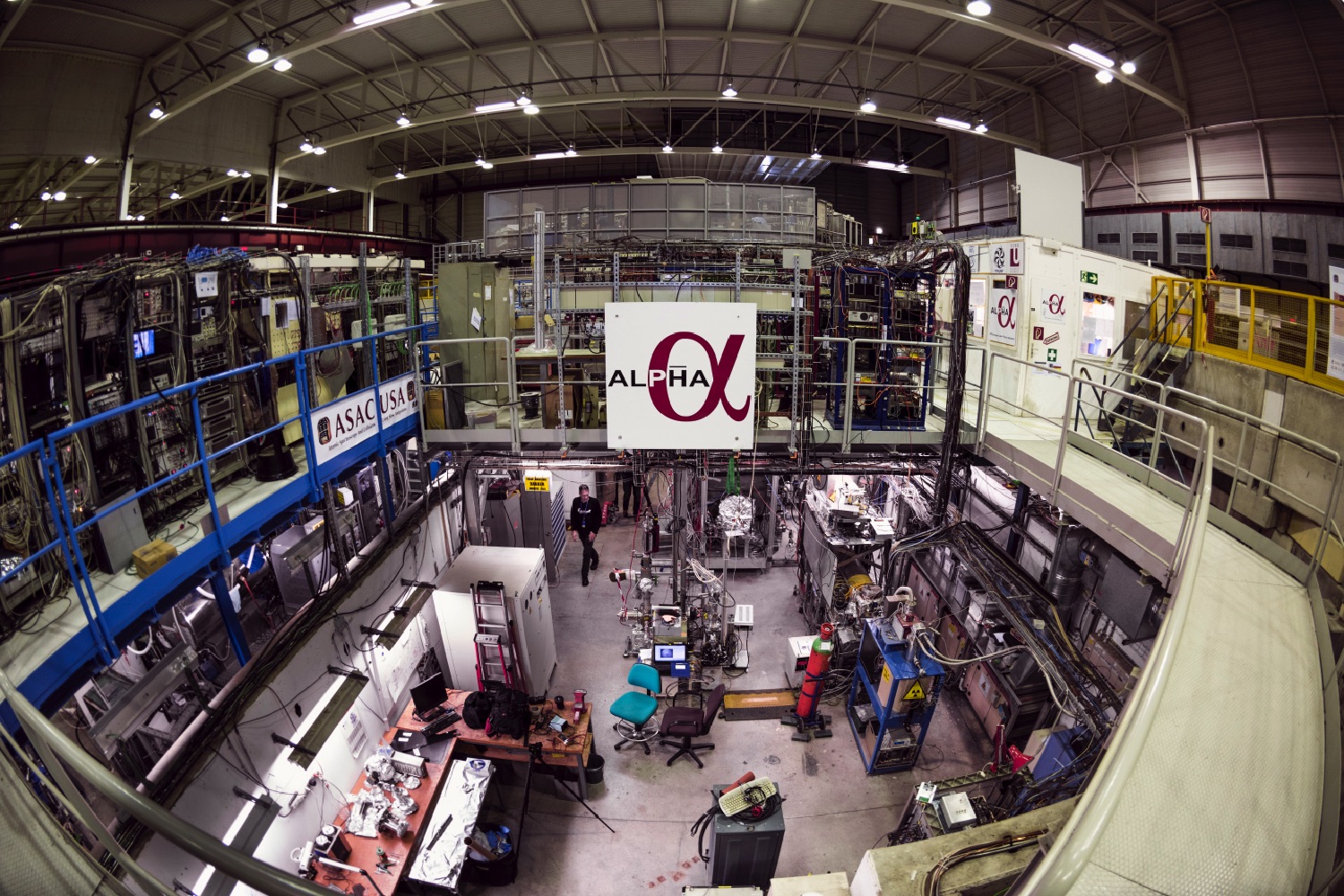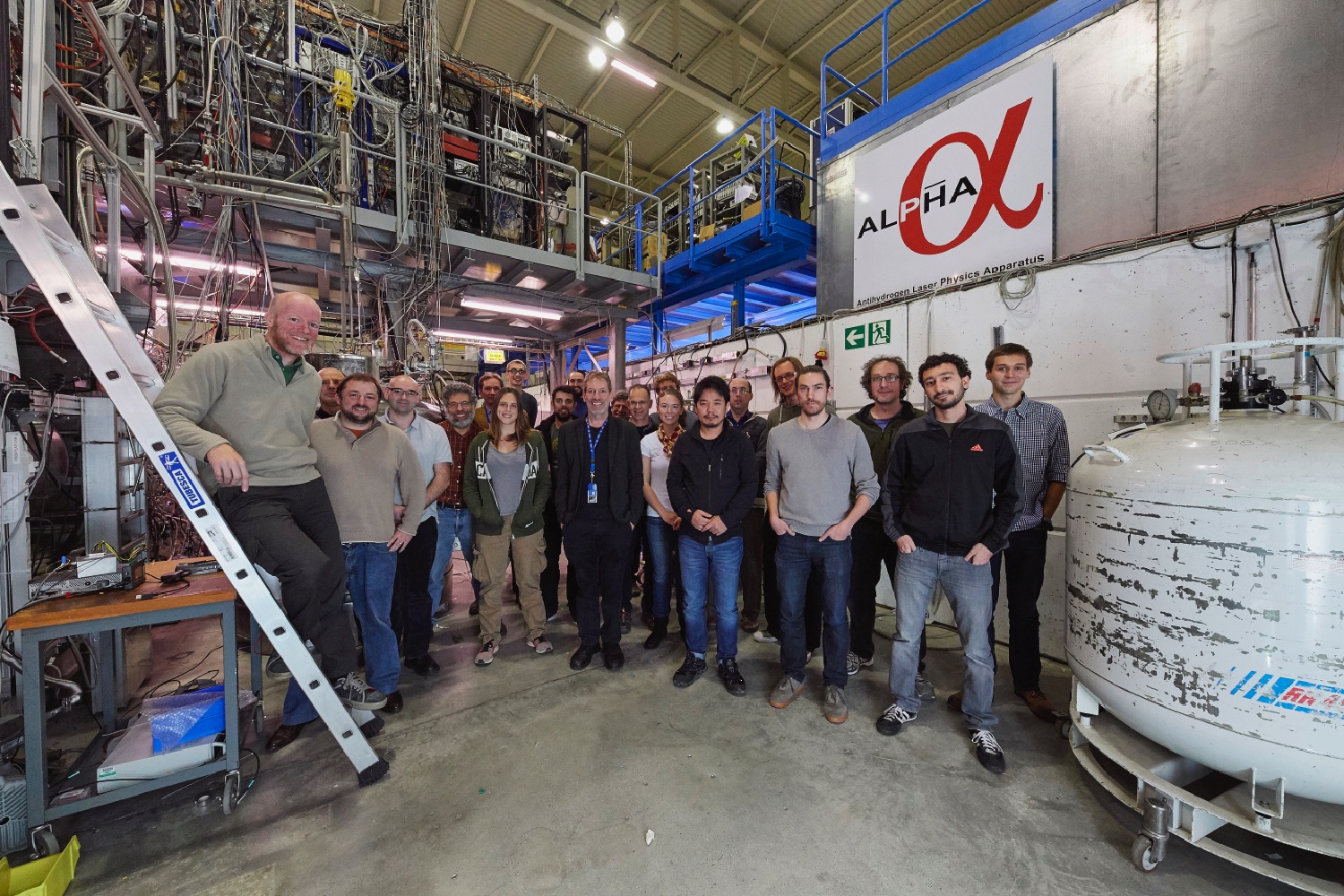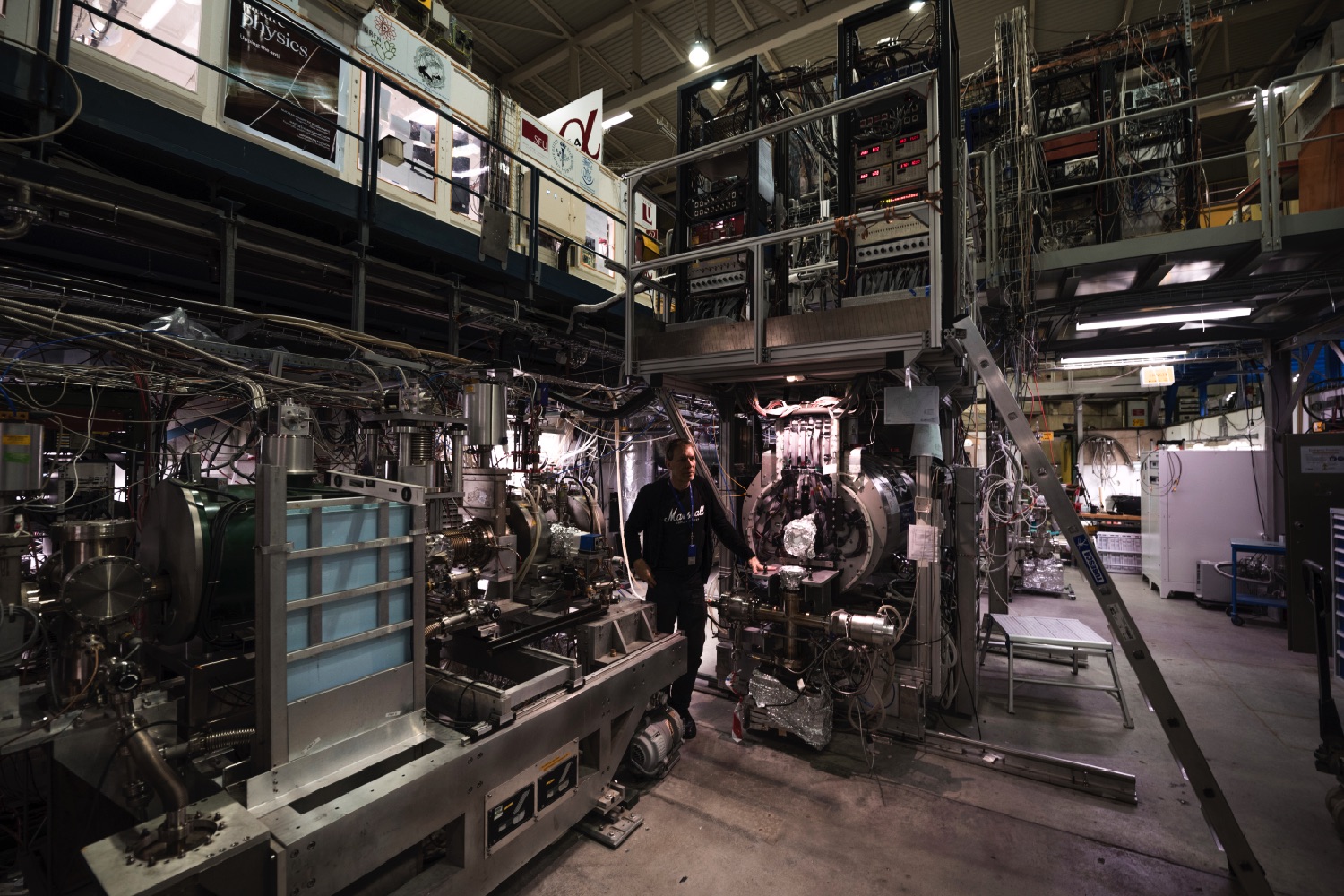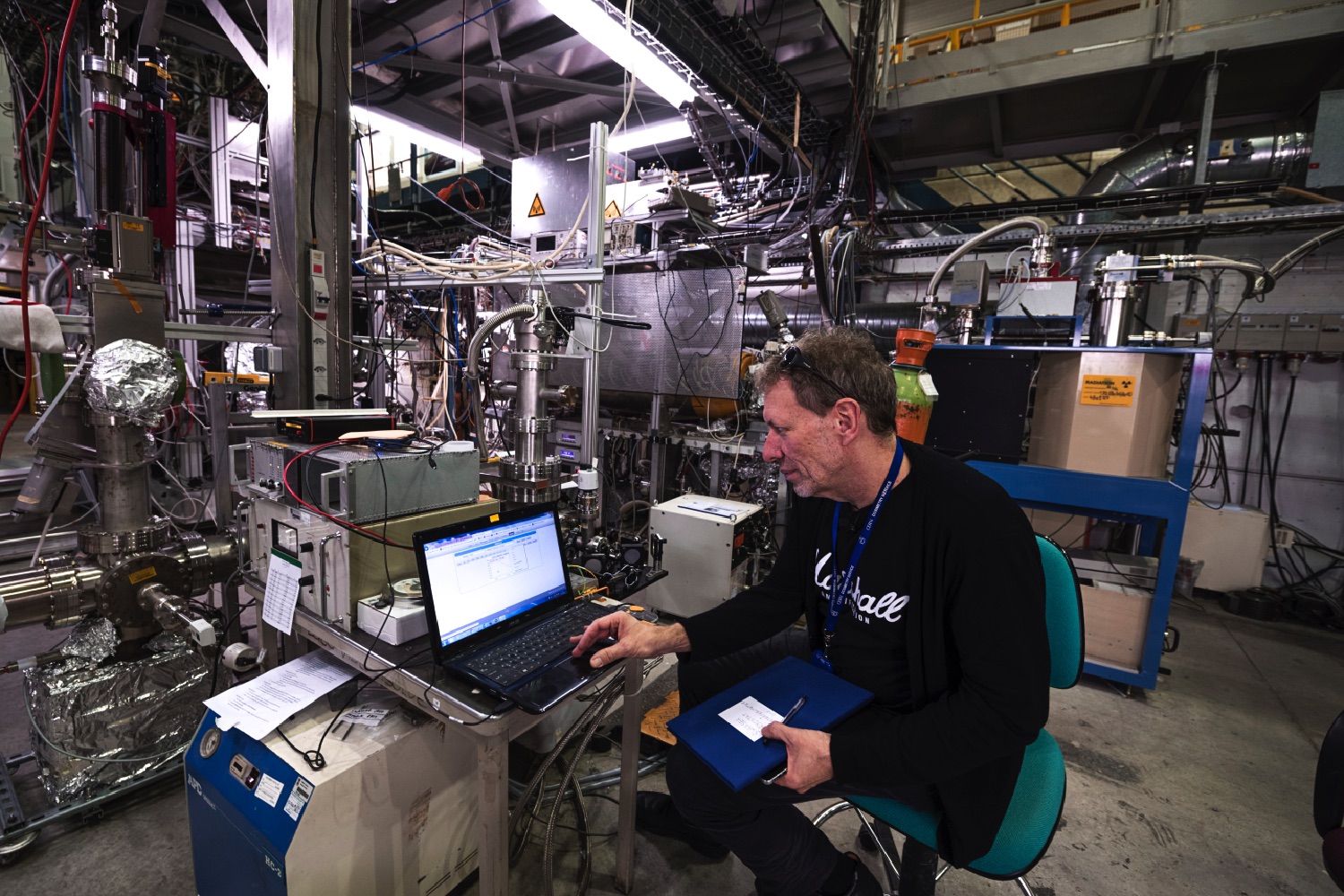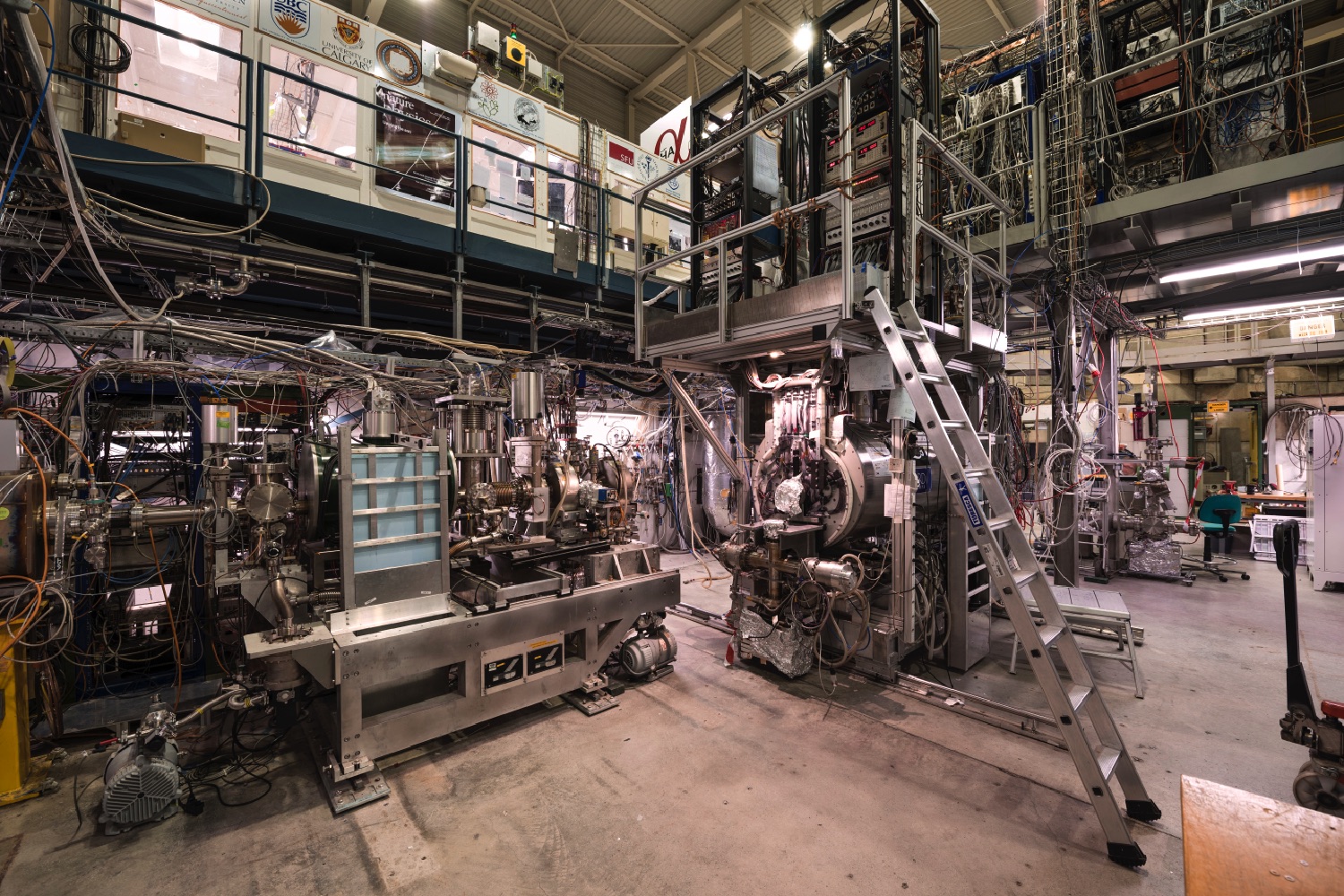It involved using a laser to observe a transition in antihydrogen atoms and comparing this to regular hydrogen atoms to examine whether or not they observe the same laws of physics. As far as the experiment has demonstrated, there is no difference in the spectroscopic characteristics of hydrogen and antihydrogen.
This is in keeping with the Standard Model of particle physics, referring to the theory which describes the forces at work between particles.
“We’ve been studying hydrogen for a long, long time, and know it really well as a result,” Professor Jeffrey Hangst, a spokesperson for the ALPHA collaboration responsible for the work, told Digital Trends. “Here we have an antimatter atom in the form of antihydrogen which is stable and can be studied in great detail, if only we could work out how to do that. Well, we’ve figured out how to do it!”
Their solution involved CERN’s Antiproton Decelerator facility, which is able to produce antihydrogen atoms and then hold them in a magnetic trap so they can be studied with lasers and other radiation sources.
Antihydrogen, which doesn’t occur naturally, is created by mixing plasmas from around 90,000 antiprotons from the Antiproton Decelerator with positrons. Suspending them so they can be examined is another challenge due to their lack of charge.
The result represents an extraordinarily rare (although hopefully not for long) opportunity for researchers to get up close and personal with an antimatter atom.
“To put this in perspective, if you’re doing the same experiment with hydrogen you essentially have an unlimited supply of hydrogen atoms,” Professor Hangst continued. “With this experiment, we had just 14 antihydrogen atoms to work with [per trial]. We have to keep track of every one of them. It’s a totally different way of working than doing physics with matter.”
So what’s next for the project? “The obvious next step is to get better at this,” Hangst said. “But the fact that we now know how to do it means we’ve made a huge breakthrough. If anything, this has made us more ambitious. We can really design things we couldn’t dream about doing just a few years ago.”
